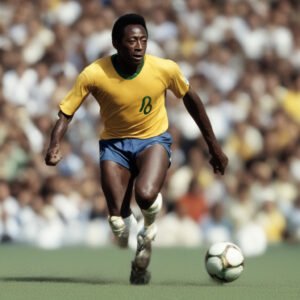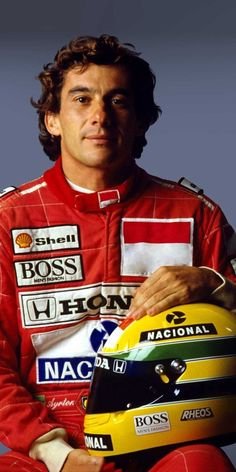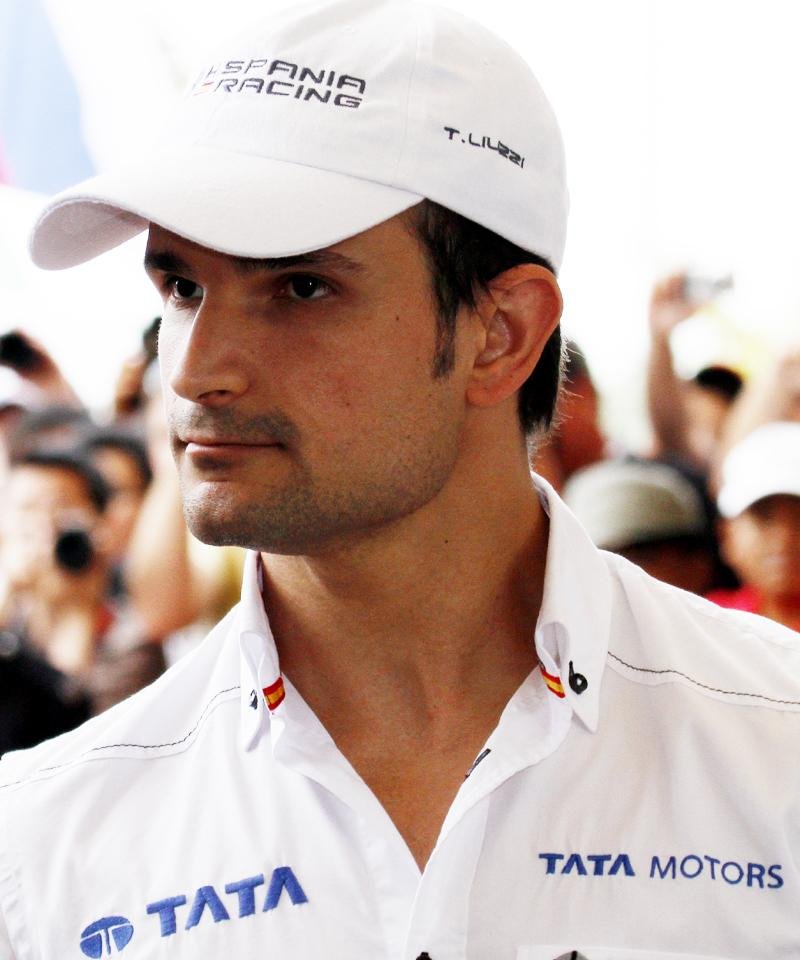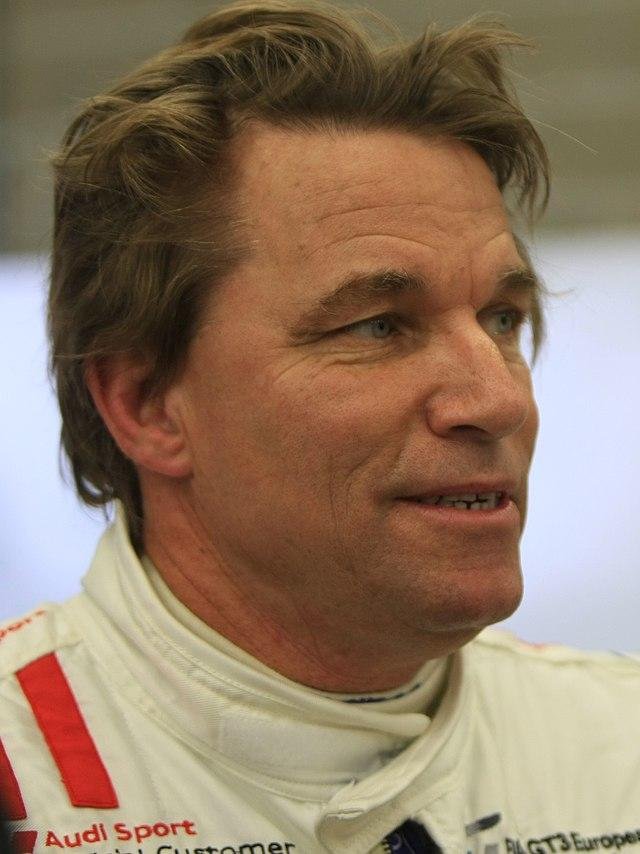In football, the journey is more important than the destination.
Playing football is very simple, but playing simple football is the hardest thing there is.
Every advantage has its disadvantage.
If you have the ball, you must make the field as big as possible, and if you don’t have the ball, you must make it as small as possible.
Football is a game of mistakes. Whoever makes the fewest mistakes wins.
Why couldn’t you beat a richer club? I’ve never seen a bag of money score a goal.
Simple play can lead to fewer mistakes. It’s about making the right decisions.
To achieve something, you need a bit of luck, but above all, you need determination.
Technique is not being able to juggle a ball 1000 times. Anyone can do that by practising. Then you can work in the circus. Technique is passing the ball with one touch, with the right speed, at the right foot of your teammate.
Quality without results is pointless. Results without quality is boring.
In my teams, the goalie is the first attacker and the striker the first defender.
Speed is often confused with insight. When I start running earlier than the others, I appear faster.
There’s only one ball, so you need to have it.
It’s better to fail in your own vision than to follow another and fail.
Football is a game you play with your brain.
The most difficult thing about an easy match is to make a weak opponent play bad football.
Footballers from the streets are more important than trained coaches.
Winning can really get in the way of understanding the game.
It’s about making spaces and then using them.
Before I make a mistake, I don’t make that mistake.
The signs of a good coach are visible in his team.
Football should be played with a smile.
The game always comes first.
If we have the ball, they can’t score.
Without the ball, you can’t win.
You need both light and shadow for people to understand each other.
When you play for the audience, cynicism comes into it.
I always throw the first stone; then people have to react.
The player can make the difference if he has the guts to make decisions.
Four rows of defenders usually don’t help.
Choosing the right pass at the right moment is crucial.
Attack is the best form of defense.
Creating something great starts with the mind, not the legs.
You play football with your head and your legs are there to help you.
The knack is to find a rhythm and flow on the field.
Precision and teamwork are more critical than running hard and fast.
You can’t be afraid to fail in order to succeed.
Intuition has its place, but understanding comes first.
Don’t do anything stupid when you have the ball.
Space and time are the essence of football.
Perfection barely exists, but striving for it is necessary.
My job is to inspire and motivate my players to be better.
Football should be joy, not a grind.
You must respect your opponent but don’t fear them.
A great player watches and listens before he acts.
Football should be art, not just business.
To create greatness, the entire team must be on the same page.
Remember, a good player makes others look better.
“`html
Johan Cruyff: The Maestro of Modern Football
Player Profile
Johan Cruyff, born on April 25, 1947, in Amsterdam, Netherlands, is considered one of the greatest football players and most influential managers in the history of the sport. Known for his technical skill, tactical intelligence, and pioneering football philosophy, Cruyff left an indelible mark on the game.
Notable Career Highlights
- Won three Ballon d’Or awards (1971, 1973, 1974).
- Led Ajax to three consecutive European Cup titles (1971, 1972, 1973).
- Guided Barcelona to their first La Liga title in over a decade as a player in 1974 and revolutionized the club as a manager.
- Pioneered the “Total Football” philosophy with Rinus Michels.
Memorable Quotes
“Playing football is very simple, but playing simple football is the hardest thing there is.”
“In my teams, the goalie is the first attacker, and the striker the first defender.”
Intriguing Personal Life Details
Despite his monumental success in football, Johan Cruyff maintained a humble lifestyle. He was an avid smoker until he quit in the early 1990s after undergoing heart surgery. Cruyff was also a philanthropist, founding the Johan Cruyff Foundation to support and develop sports activities for children worldwide.
Key Tactical Analysis Points
Cruyff’s tactical genius is best exemplified by his implementation and popularization of “Total Football” — a system where players constantly interchange positions, maintain high pressing, and emphasize spatial awareness. As a manager, he further developed the concept of “tiki-taka” football, characterized by short passing and movement, working the ball through various channels, and maintaining possession.
Impactful Media Presence
Cruyff was not just a player but also a media personality. His outspoken nature and insightful commentary made him a beloved figure among football purists. He wrote columns, provided analysis on television, and his opinions often proved to be influential in the football community.
Unforgettable Moments
- The “Cruyff Turn” against Sweden in the 1974 World Cup is etched in football history.
- Winning the La Liga title with Barcelona as a manager in 1991, ending a 5-year drought for the club.
- His farewell match for Barcelona in 1978, which showcased the profound respect and admiration he earned from fans and peers alike.
Fun Trivia
- Cruyff wore the number 14 jersey, deviating from the traditional 1-11 numbering system, which was unconventional at the time.
- He turned down the offer to participate in the 1978 World Cup due to political reasons and security concerns.
- Cruyff’s son, Jordi Cruyff, also became a professional footballer and later a manager and executive.
Exciting Future Prospects
Johan Cruyff’s legacy continues to inspire future generations of footballers, coaches, and fans. His impact on football tactics and philosophy shapes modern gameplay, and his foundation continues to nurture young talent globally. Current football greats like Pep Guardiola and Xavi Hernandez, both steeped in the Cruyffian philosophy, signify the ongoing influence of Cruyff’s ideology. His principles of “Total Football” and “tiki-taka” are still prevalent in many top clubs around the world.
“`










